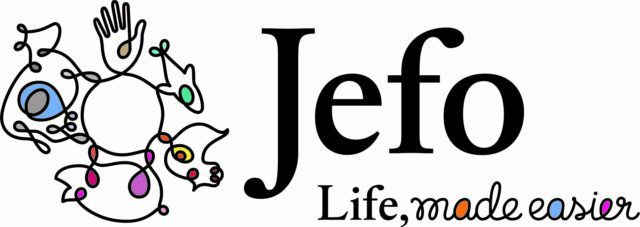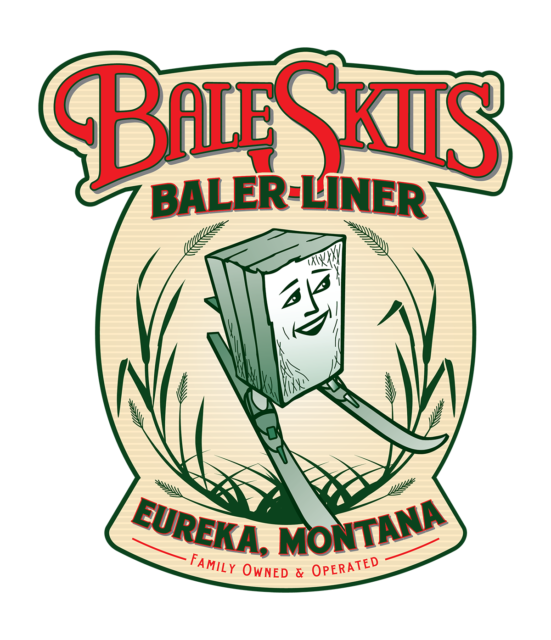As I stare at my bank account on the computer using online banking, wondering where my next dollar is going to come from, I can’t help but ask, “Why wasn’t I born in the lap of luxury?” You know the place – where silver spoons and golden plates are plentiful. That place where money is the last thought on anybody’s mind – the minks, diamonds and Mercedes crowd who glitter when they walk down the street.
What was I doing when God passed out tickets to the gravy train?
I can see it now. I was probably in the closet trying to organize the boxes and bundles that would service those boarding the train. When my ship came in, I was probably out on the lake rowing a leaky canoe. Whenever the lap of luxury tickets were handed out, I was absent. I ended up being born with a plastic spoon in my mouth. In fact, you might say I was born at the door of poverty.
We weren’t really poor. Well, maybe we were, but we didn’t know it. We had food on the table and a warm place to sleep. Hand-sewn, hand-me-down clothes were always available. I don’t remember one time going to school hungry or naked, and I don’t remember being teased because I wasn’t dressed in the latest fashions. We didn’t know about fashion. Everyone was in the same boat. Growing up in a small, rural town in Arizona, without a TV, no one knew how the other side of the track lived. We just lived and learned the lessons life had to teach.
At the door of poverty, I learned some valuable lessons. My parents were hard workers. Daddy worked in the logwoods from the time he was 12. He drove a log truck when he was 14. When the paper mill came into Snowflake, Arizona, he got a job at the mill. Shift work became our way of life. Often he would work all night and sleep for a few hours then he’d get up and put in a full day’s work fixing cars, gathering firewood, tending the stock and taking care of the things that needed to be taken care of around the ranch.
My mother was a worker, also. She raised an acre garden in the summer and rode horses, built fence and drove a tractor. She was burdened not only with her own six children, but her five younger brothers and sisters came to stay at the house during the winter because there were no schools on my grandparent’s ranch. With all the hungry mouths to feed, we learned very quickly the difference between needs and wants.
A need is something that you must have to sustain life. You literally die if you don’t have it. Food, clothes, firewood and love are among our basic needs. A want, on the other hand, is a gadget the other fellow has, and we get it when we can afford it. Doing without the gadgets was a way of life, but we never went without plenty of the things we needed. There was a big helping of love served every day with breakfast, lunch and dinner. It was sewn into our clothes and flickered in the firelight on the hearth.
I used to write stories when I was a kid. We never had a lot of paper to spare. I wrote stories on paper bags, envelopes and scratch paper from school. I finally got a few spiral notebooks and used those. I’d write the lead out of my pencils and scavenge for more. I didn’t get a typewriter until I graduated from high school. I still wrote things by hand, because that is what I was used to. My sister, Claudia, or a friend used my typewriter to type my stories. What a labor of love!
I was working on my master’s degree before I learned to use a computer, a Macintosh, which looked like a little box. I felt like I had died and gone to writer’s heaven. I could actually make a typing error and didn’t have to get the Wite Out® or the corrector’s tape. One little click of the backspace and I was good to go.
If I had been born in the lap of luxury, I don’t think I would have become a writer.
It would have been too easy to live in reality, instead of nurturing the fantasy world that became the source of many plays and short stories.
When we were children, we didn’t have many toys – one or two dolls, some toy cars and paper dolls. That wasn’t much by today’s standards, but it was enough! Our childhood games were rich with imagination!
We used sticks for our dolls and tree stumps for stages and kitchen tables. We made castles out of pine needles. The rooms were endless and the furniture of the finest velvet and jewels. We had everything our imaginations could conjure up. We would be the envy of any child who received a thousand dolls or video games. An active imagination is the highway to a glorious adventure that has no end. I got an imagination at the door of poverty.
We cut out paper dolls from the Sears, Roebuck and Co. catalog. We’d cut out a girl we liked and put every dress in the catalog on that girl. The combinations were endless.
When we had store-bought paper dolls, we designed clothes for then. We’d draw, color and cut them out. It was more fun designing the clothes than it was playing with the dolls.
What a magical game! The lap of luxury couldn’t offer such riches.
Years ago, at a writers’ workshop, I wrote an “I Am From” poem that describes my journey from the Door of Poverty.
I am From
I am from hymns ringing in churches with no crosses on the windows.
I am from dusty roads through scented pines that spread shadows
Across cattle trails through the crunch of needles brown upon the ground
Where we made castles as big as our imaginations could reach.
I am from the sparkle of winter snow blanketing
The crackle of dying sunflowers of summers gone by.
I am from the fireplace where the memories of candled flames
Leap through every waking day and sleepless night of every turning season.
I am from the blue, red and white slapping against a thunderous sky
Bending over bowed knees and bare heads paying homage to the Almighty God
Who knows the plight of every sparrow and gives glory to the lilies of the field.
I am from the fragments of paper scribbled with pen, pencil, crayon…
Whatever I could find to scroll out the living beats and rhythms of my heart.
I am from the typewriter, which made crooked tracks of what I felt.
I am from the cyber wonder that unleashed the patterns of my soul.
I am from the music I could not sing.
The ebb and fall of symphony magic tantalized the passion that had no wings.
Note by note, score by score, I learned the operatic voice that fills the immensity of the stage
Is only star dust in the eternal sky
To the whispering melodic prayer of a mother’s lullaby.
Compared to yesteryears, I live in the lap of luxury. My life is an endless river of things to do. I have more machines, more space, more clothes, more food, more choices, more cars, more, more, more! But I wonder if I have more happiness, more love and more gratitude.
Maybe the good life isn’t found in the lap of luxury. Maybe the good life is found at the door of poverty. Perhaps that is what Jesus was talking about when he said, “For what is a man advantaged, if he gain the whole world, and lose himself. . .” (Luke 9:25). PD




